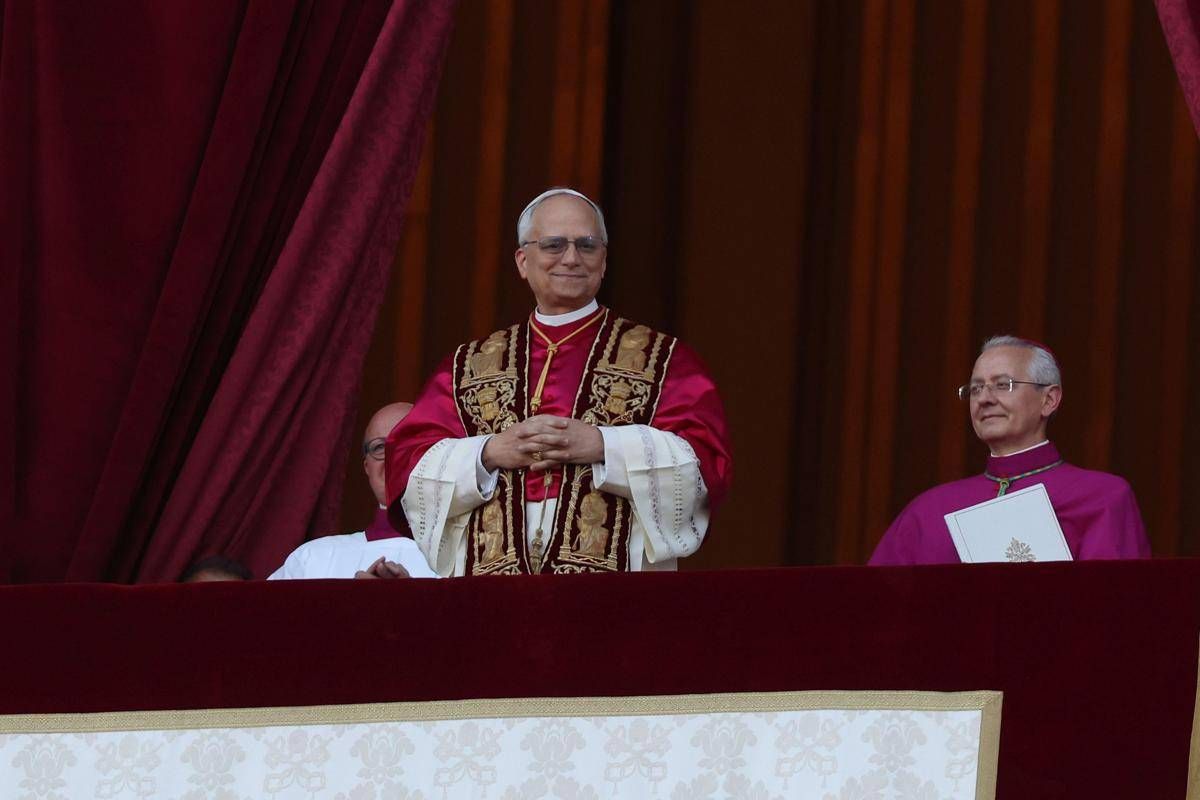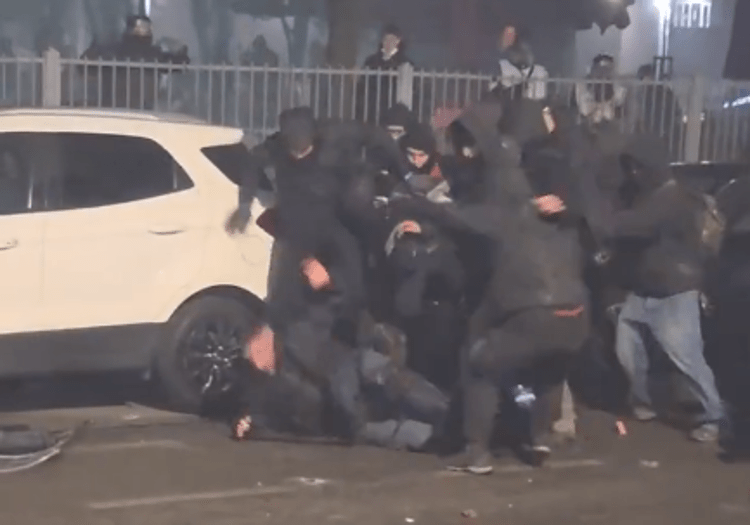
Pope Leo XIV and Augustinian spirituality: learning more about the order
The election of the first American pope from the Order of St. Augustine revives the charism of one of Catholicism’s oldest and most learned religious families. Between interiority, mission and community life, the Church looks to a new pastoral style
With the election of Robert Francis Prevost as pontiff on Thursday, May 8, the Catholic Church is experiencing a turning point that combines historical novelty and deep spiritual roots. The first pope to come from the United States and the Order of St. Augustine, he chose the name Leo XIV, with a call to reforming force and evangelical authority.
But his election is not just a geographical or symbolic primacy. It signals a return to a model of ecclesial life based on interiority, fraternal communion and service. Central elements of the Augustinian charism, which today return to the center of the Church’s pastoral vision.
Augustine’s legacy: thought, community, charity
At the heart of the Order’s identity is the figure of Augustine of Hippo (354-430): bishop, theologian, Church father and author of masterpieces such as The Confessions and The City of God. But Augustine was also a founder of communities: with his clerics in Hippo he pioneered a form of monastic life based on prayer, sharing and fraternal charity.
His Rule, simple but profound, has inspired centuries of religious life. When in the 13th century the Church sought to unify the panorama of hermits, the Order of St. Augustine was officially born: in 1256 Pope Alexander IV, with the bull Licet ecclesiae catholicae, decreed its foundation as one of the four great mendicant orders.
Between preaching and culture: the European influence of the Augustinians
The Augustinians spread rapidly throughout Europe, taking root in urban settings, preaching, teaching, and administering the sacraments. Prominent scholastic thinkers included names such as Aegidius Romano, an influential theologian at the papal court. The Order became a laboratory of learned spirituality and pastoral engagement, maintaining a strong communitarian imprint.
In the 16th century, however, the Order also experienced its contradictions. Martin Luther, an Augustinian monk, was the protagonist of the Protestant rift. His rebellion against the Church of Rome was born within an Augustinian convent in Erfurt. The Reformation hit the Order hard, especially in the Germanic territories.
From crisis to global mission
After the Protestant rift, the Order embarked on a path of internal reform. New observances, such as the Reformed and Discalced, sought a more austere life. At the same time, Augustinians were protagonists in overseas missions: they were among the first evangelizers in the Philippines, Mexico, Peru, and Africa.
The nineteenth century marked a decline, with Napoleonic suppressions and the advance of secularism. But the twentieth century and the Second Vatican Council revived the Augustinian vocation. Today, Augustinians operate in more than 40 countries: schools, parishes and missions continue to express their discreet but effective service.
Leo XIV: a choice that speaks to today’s Church
The election of Robert Francis Prevost, now Leo XIV, fits into this context. Formator and superior in the Augustinian province of Chicago, then missionary in Peru for more than a decade, finally prior general of the Order and member of the Roman Curia. His biography fully embodies the Augustinian identity: theology, pastoral, mission and governance.
His pontificate heralds itself as a time when the Augustinian heart – restless but eager for God, rooted in community and service-oriented – can guide the Church toward a renewed balance between doctrine and compassion, between listening and authority, between silence and prophetic word.
The Order of St. Augustine, in its long history, has given much to the Church without ever seeking prominence. Today, with one of its sons on the throne of Peter, that discretion is transformed into universal witness. A message that the cardinal electors seem to have grasped clearly: to face the challenges of our time, we do not need a powerful Church, but a wise Church. And one capable of love.
THE LATEST NEWS
(Source and photo: © AndKronos)
-

 Salute13 ore ago
Salute13 ore agoAlzheimer, dalla WashU un test sangue predittivo
-

 Primo Piano12 ore ago
Primo Piano12 ore agoCrans-Montana, italiani feriti raccontano: porte sbarrate e fuga proprietaria
-

 In Evidenza13 ore ago
In Evidenza13 ore agoTrump: pubblicare i file su Ufo e vita aliena
-

 Spettacolo12 ore ago
Spettacolo12 ore agoAddio ad Angela Luce, icona di cinema, teatro e musica napoletana





















